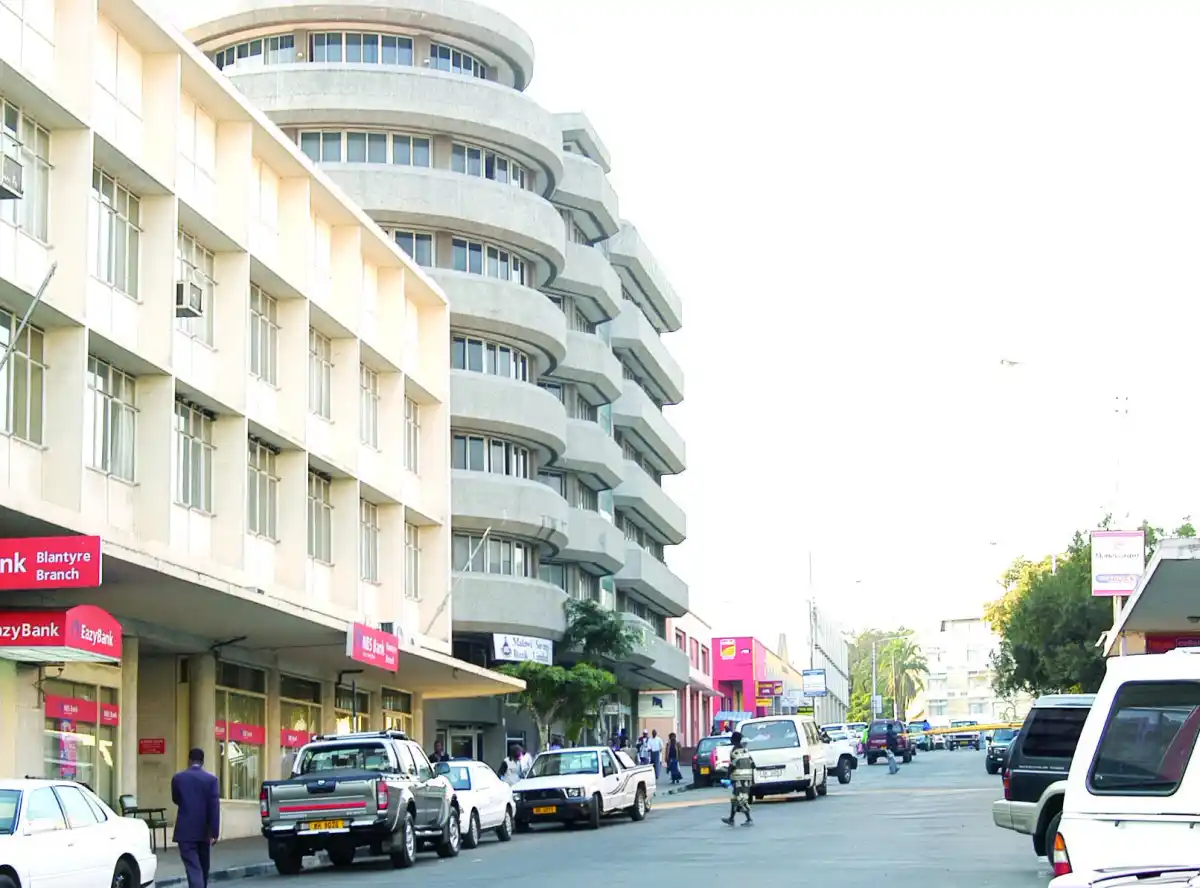
The United Nations has forecast that the Malawi economy will grow by 2.4 percent this year.
The UN’s Gross Domestic Product (GDP) growth forecast is contained in its World Economic Situation and Prospects 2025.
The prediction is 1.6 percentage points shy of the 4 percent forecast, Finance Minister Simplex Chithyola Banda announced when he presented the mid-year budget review statement in November and reiterated during recent pre-budget consultation meetings.
In 2026, the UN expects the Malawi economy to grow by 2.6 percent.
The report notes that the projected growth for the period 2025–2026 will remain insufficient to lift per capita income in Malawi just like in other African least developed countries such as Chad, the Central African Republic, South Sudan, and Sudan.
Malawi needs GDP growth rate of above 6 percent to reduce the poverty of its citizens. Currently, Malawi is chasing a dream of becoming a lower middle-income economy by 2030.
But the National Planning Commission warned, last year, that at the current fragile trend of economic growth, Malawi would reach middle-income status by 2045.
UN Secretary General António Guterres said the 2025 World Economic Situation and Prospects report comes at the mid-way point of a decade that has been characterised by economic turbulence.
He added that in many developing economies—particularly Least Developed Countries—incomes have not kept up with prices, drained public finances have not been restored, and debt burdens have spiralled.
“This report shows that the global economy is finally recovering following a sequence of shocks. Inflation is falling and economic growth—while slower than before the pandemic—has stabilised. In response, Central Banks are lowering interest rates, easing borrowing for much needed investments. But the world still faces challenges that slow the rate of economic progress and the pursuit of better lives for all.
“Wars, rising geopolitical tensions, and devastating climate impacts all endanger the world economy. And the fruits of recovery are not being shared equally. Little is left for investment in sustainable development, including climate action, as a result countries cannot ignore these perils. In our interconnected economy, shocks on one side of the world push up prices on the other. Every country is affected and must be part of the solution—building on progress made,” Guterres said.

Last September, countries agreed to the Pact for the Future which includes bold commitments to reform the global financial architecture, increase the lending capacity of Multilateral Development Banks, improve access to low-cost finance for climate-resilient development and growth, and take effective action on debt.
Commenting on the development, President of the Economics Association of Malawi (Ecama) Bertha Bangara Chikadza said Malawi’s 2025 economic outlook is cautiously optimistic driven by election activities, Mega Farms investments, and favourable weather supporting agriculture.
She said inflation is forecasted to decline from 32 percent in 2024 to 24.2 percent, potentially lowering interest rates and boosting private-sector credit access to stimulate growth.
However, she was quick to indicate that fiscal deficits, persistent inflation, and policy execution risks pose challenges to these projections.
“Achieving the growth target will depend on effective policy implementation, fiscal discipline, agricultural resilience, and private-sector participation,” Chikadza said.








0 Comments